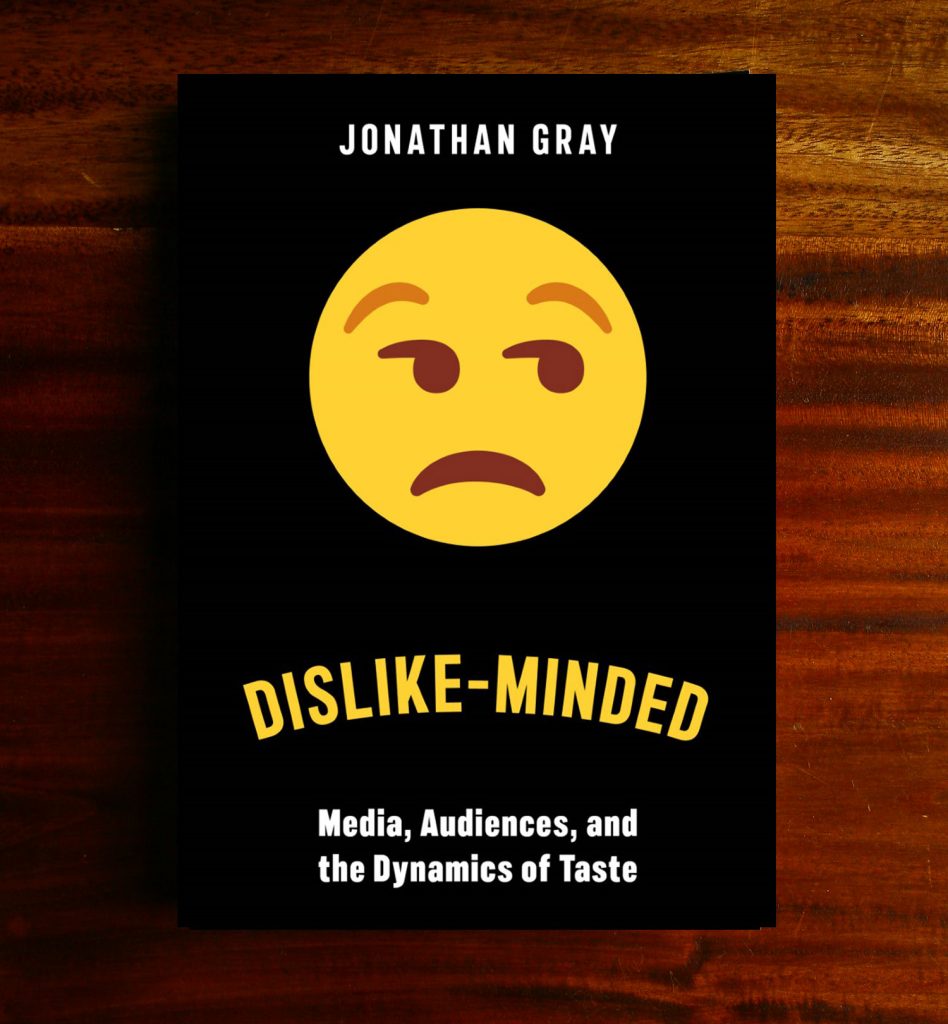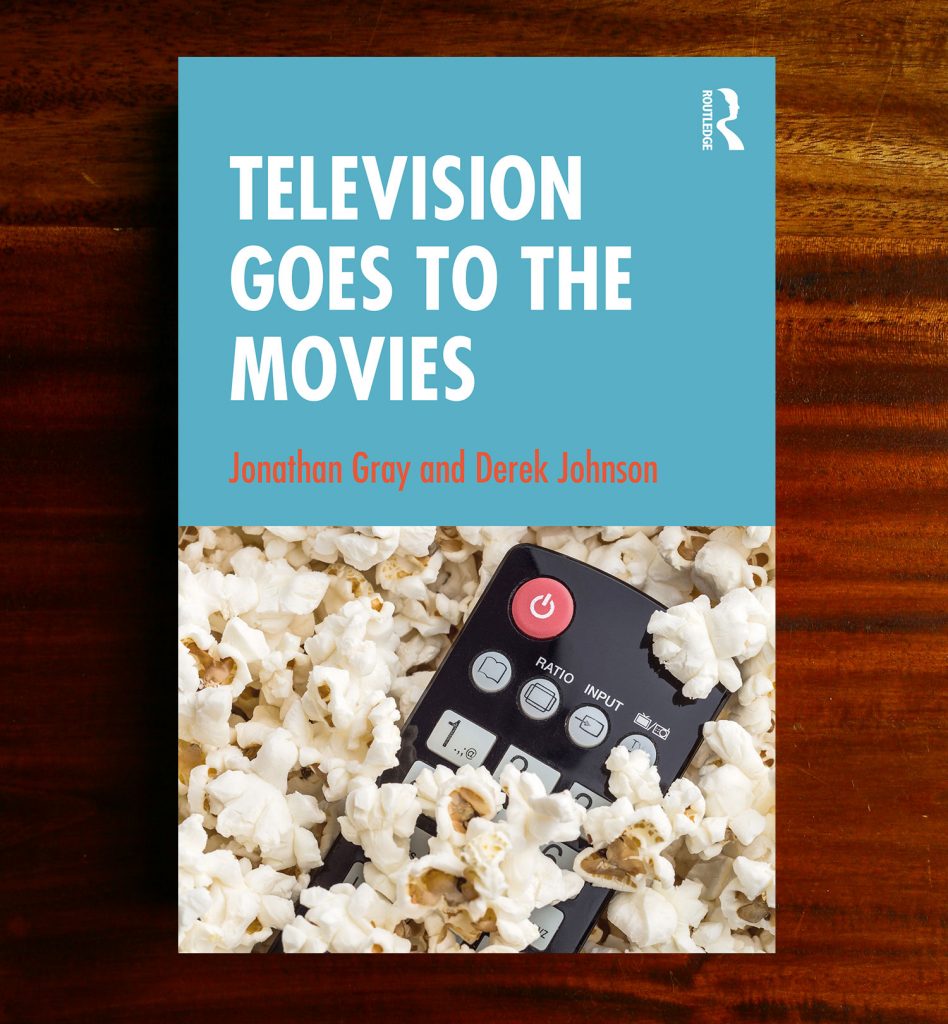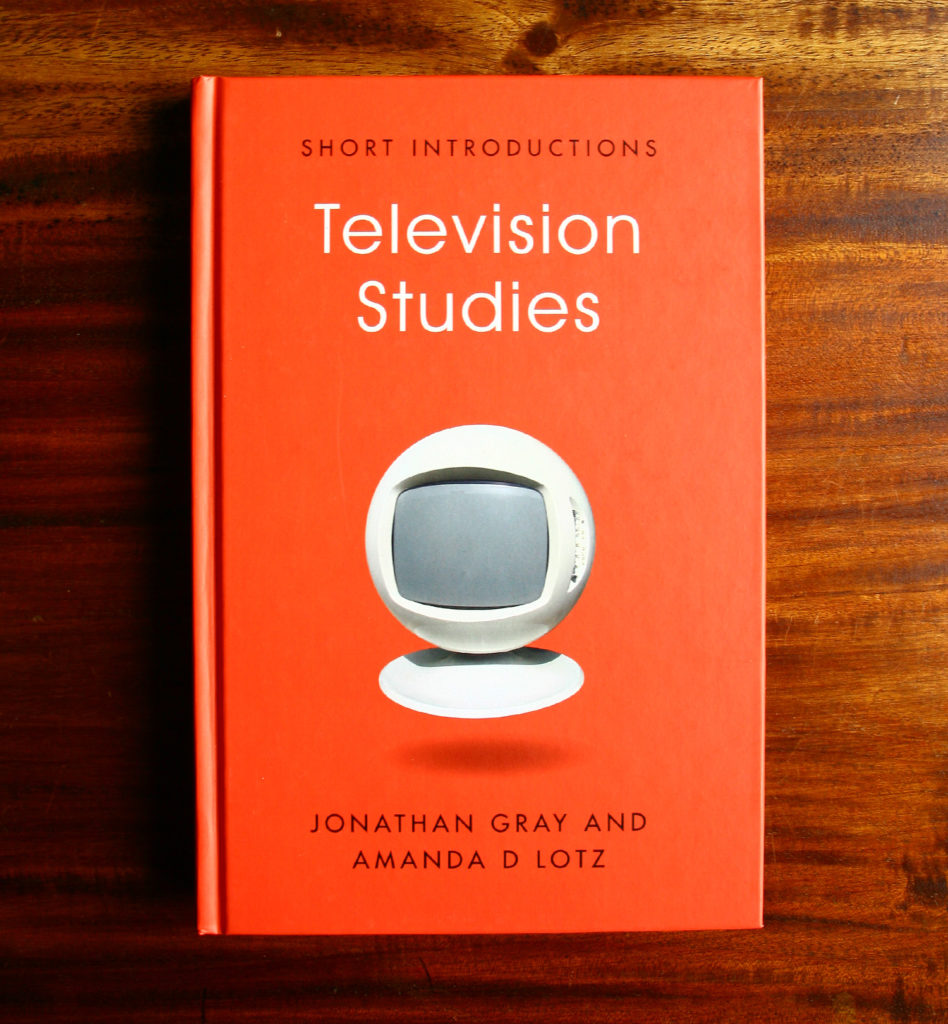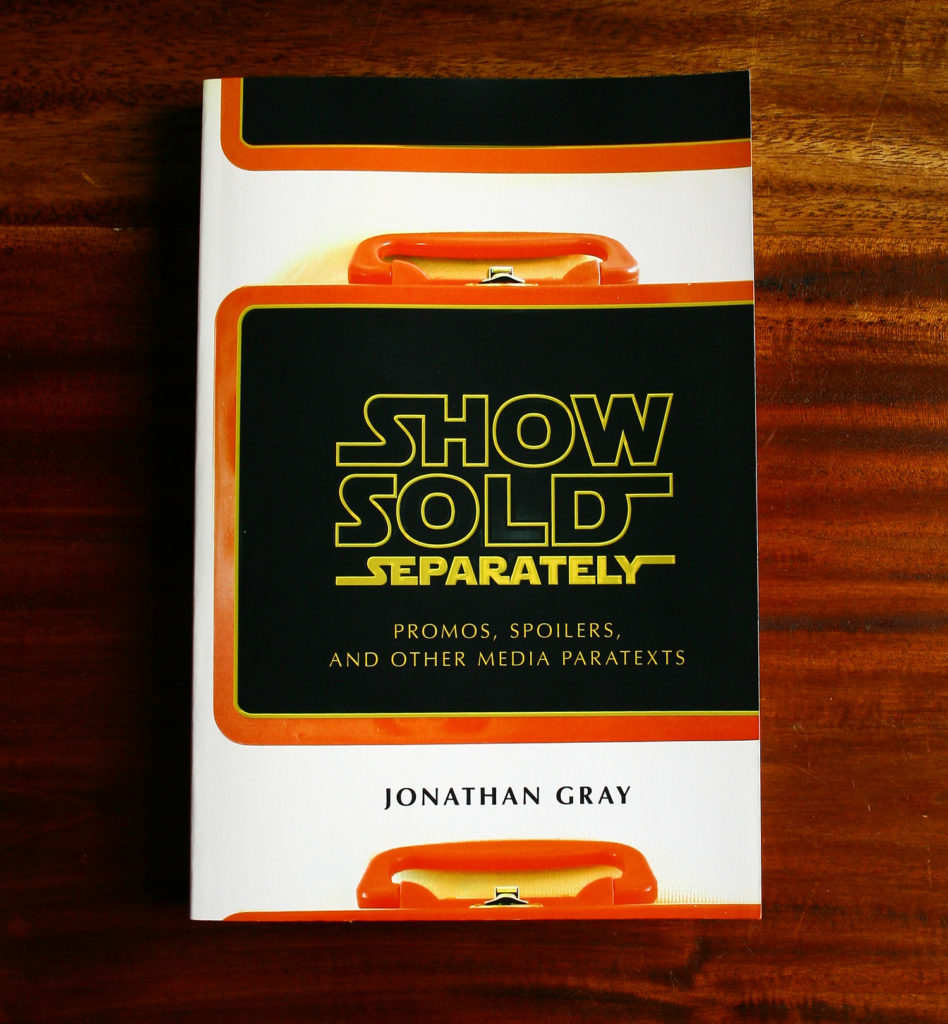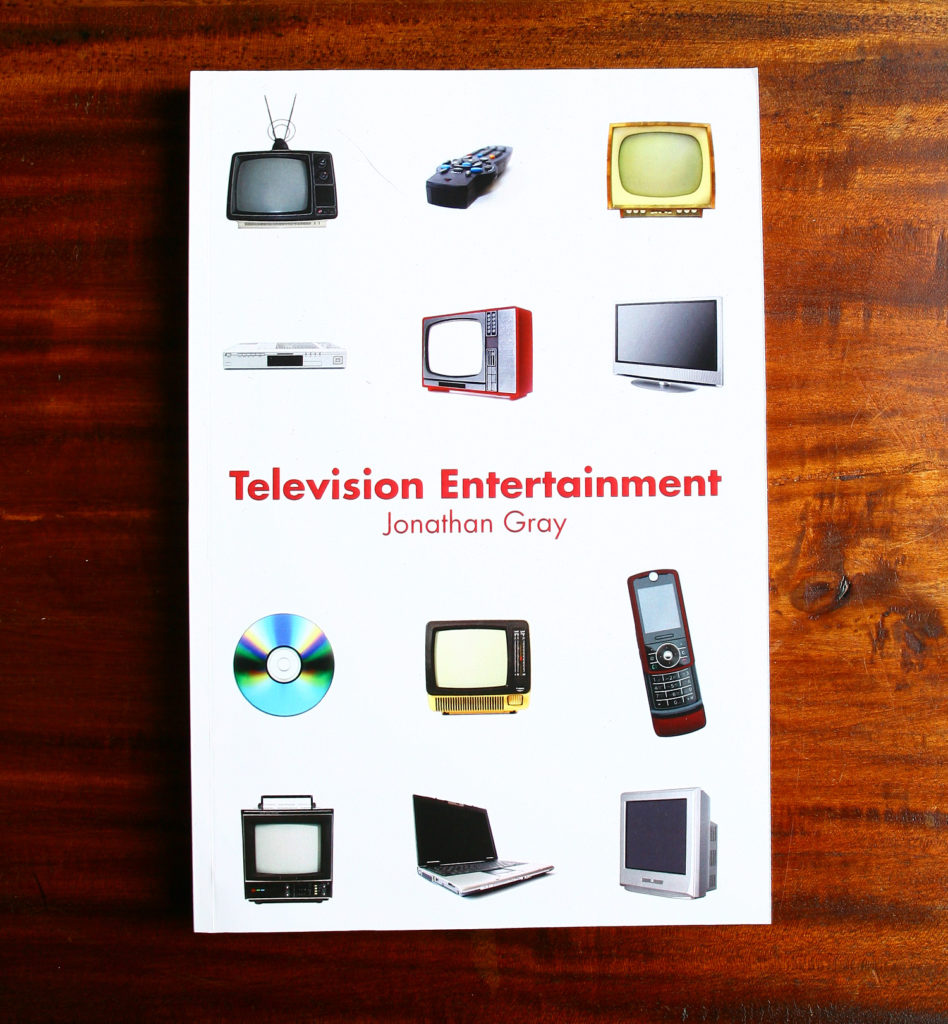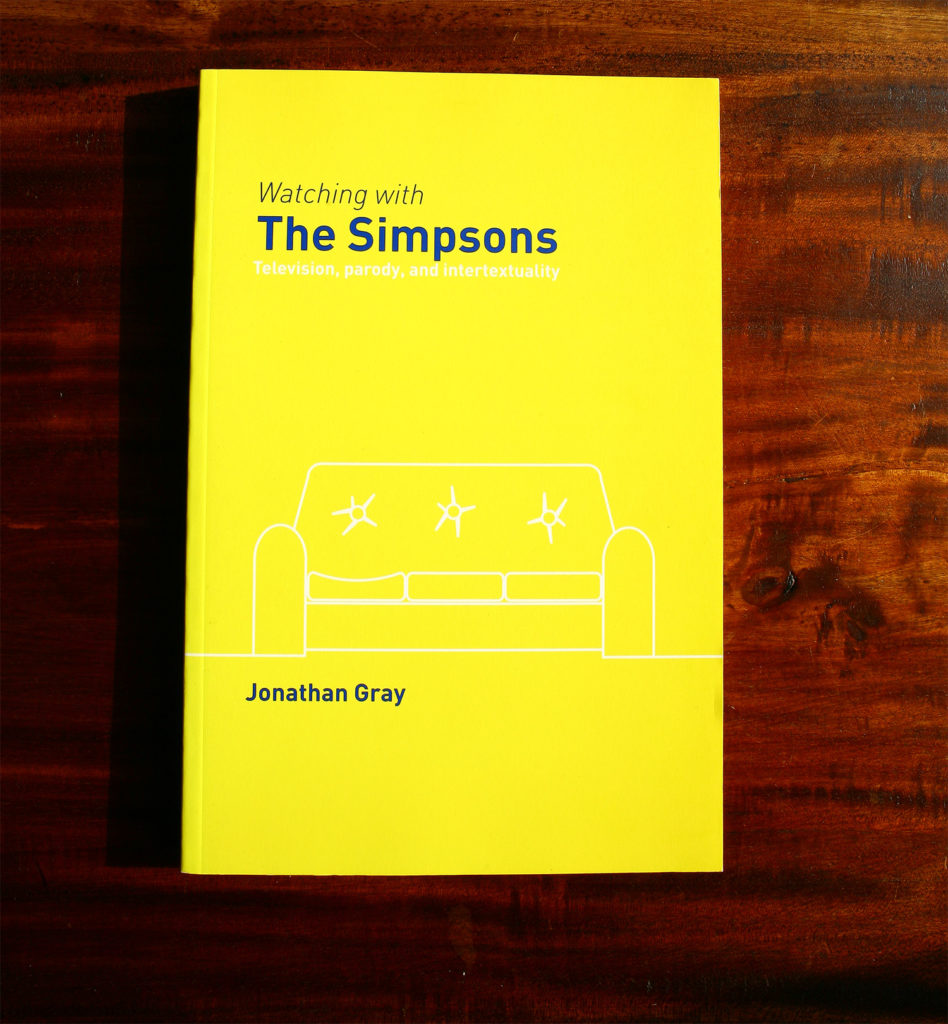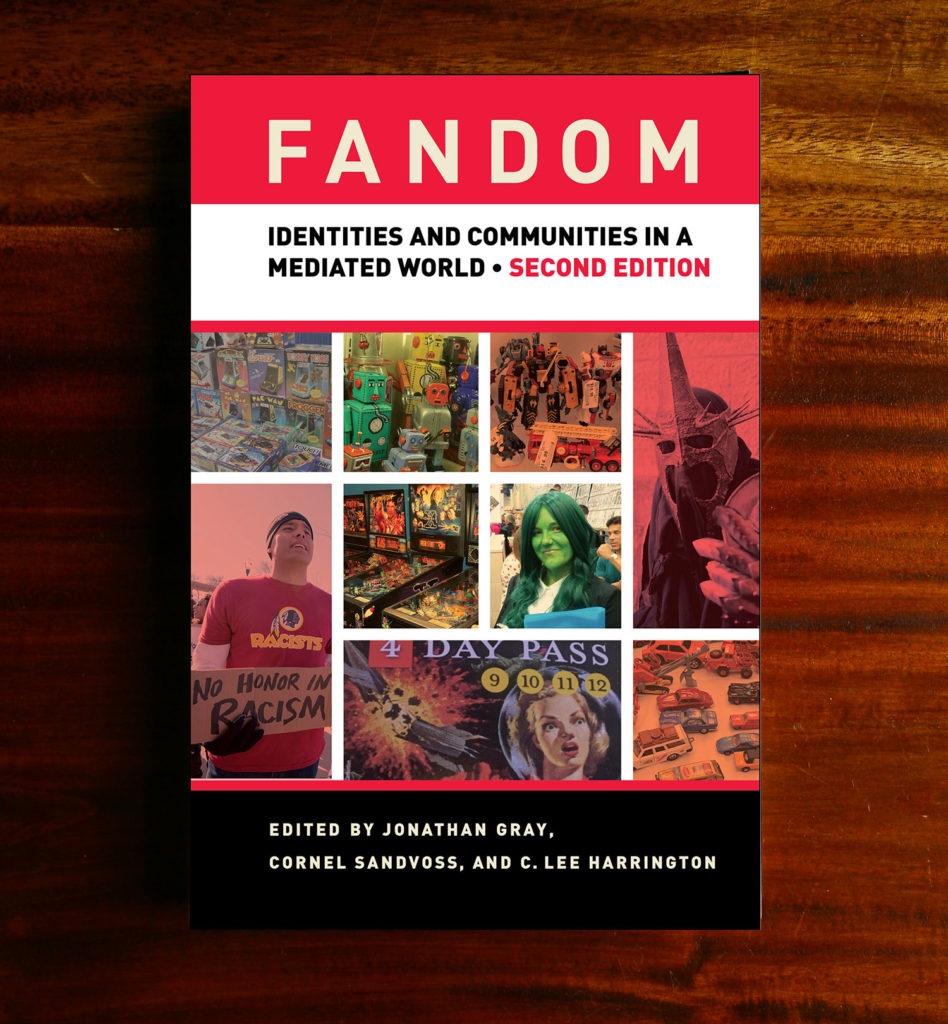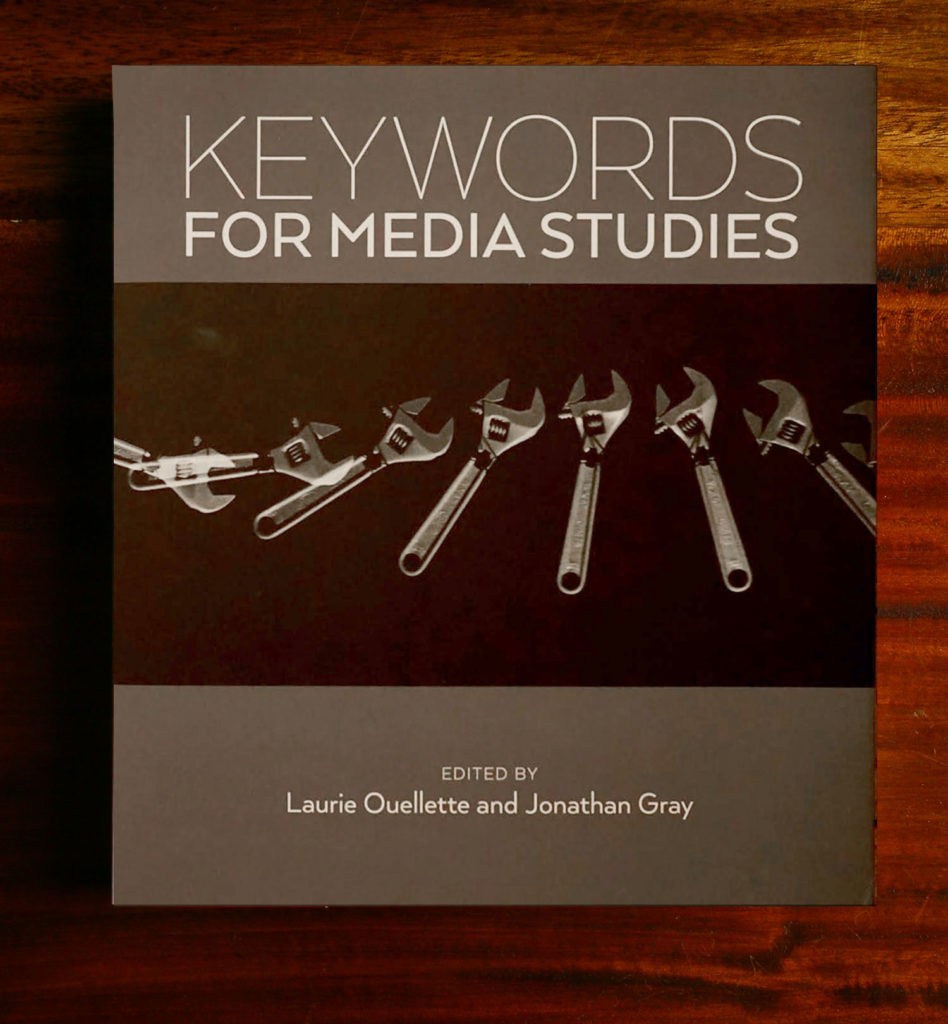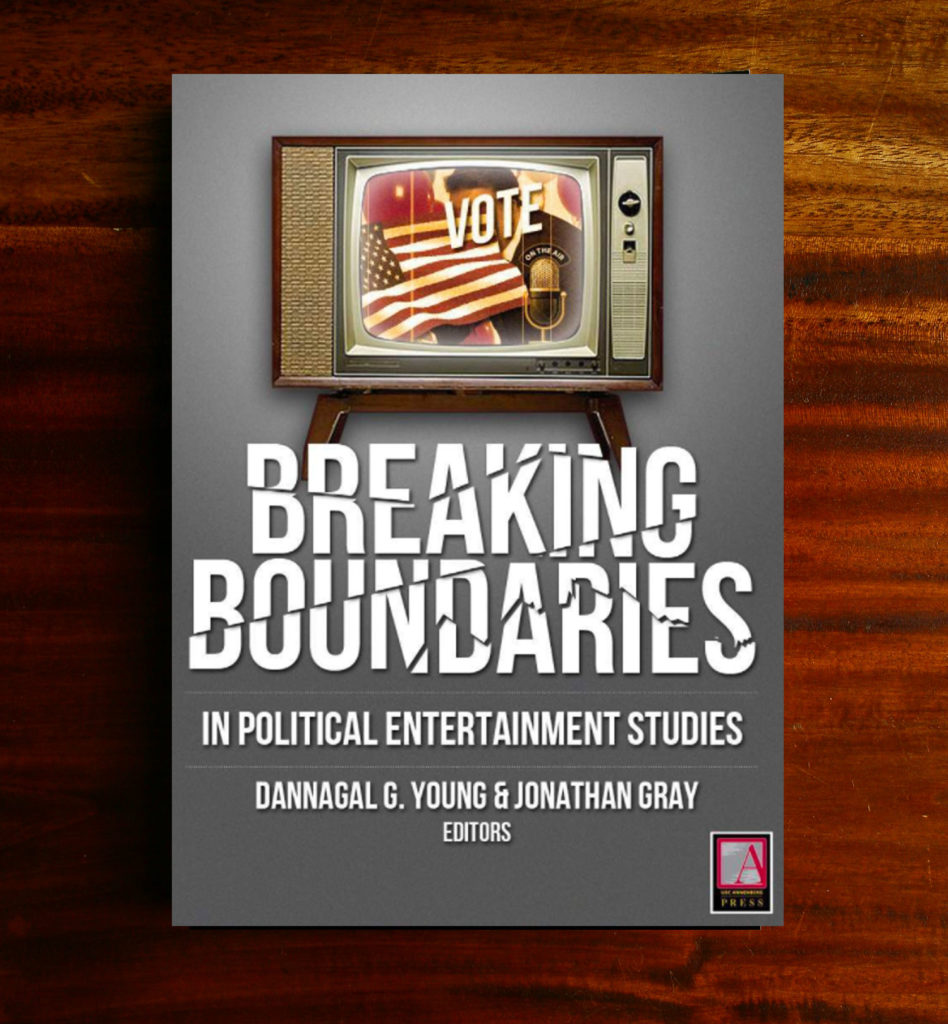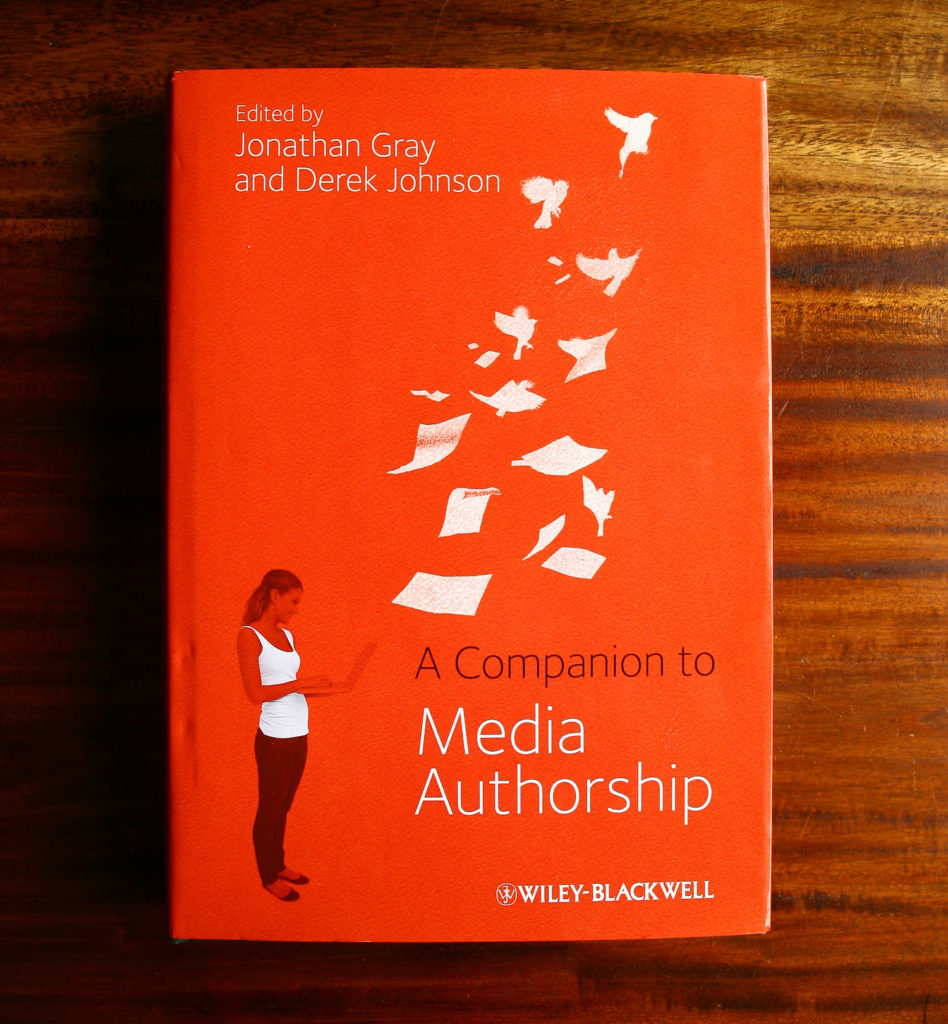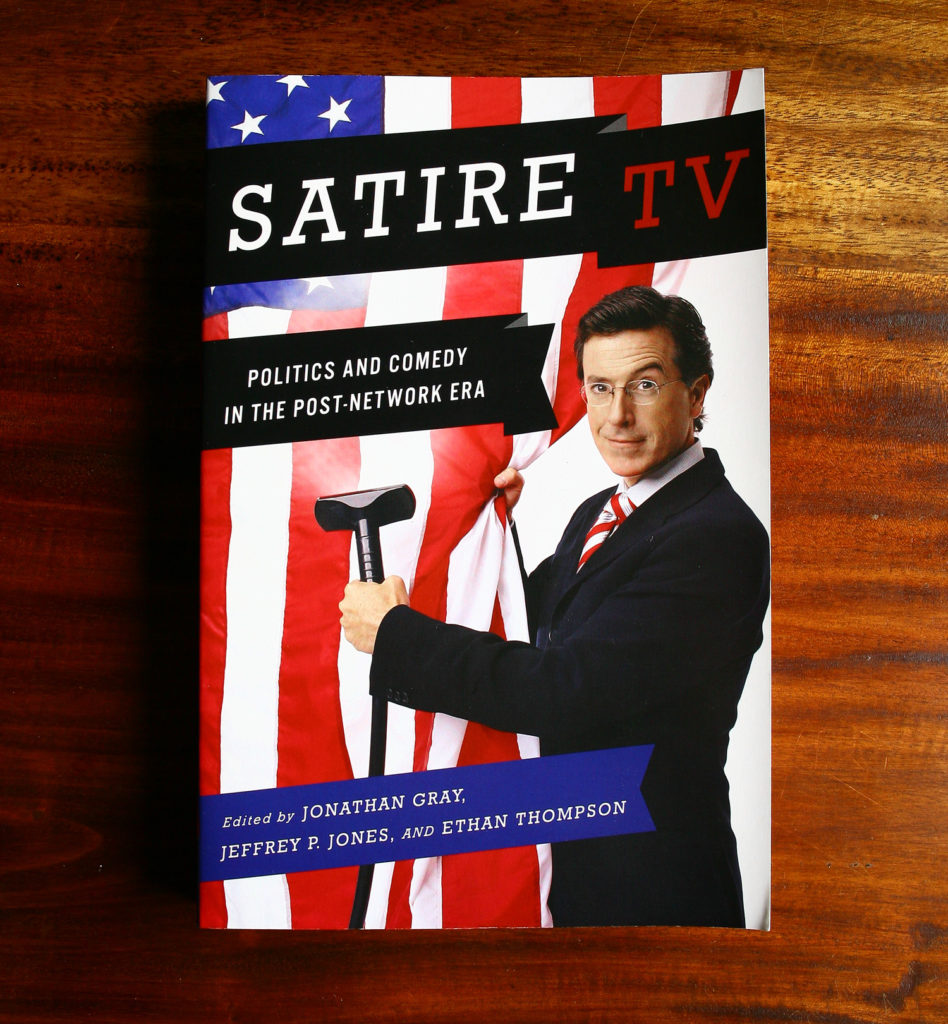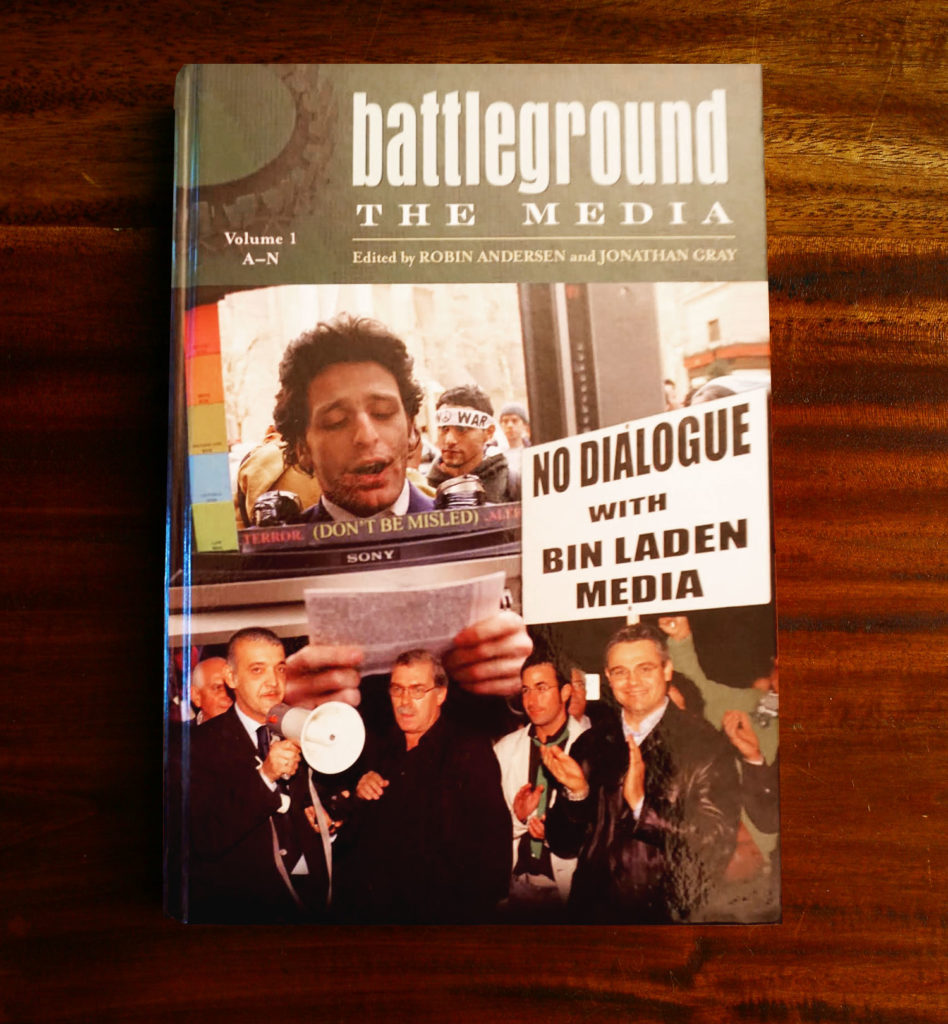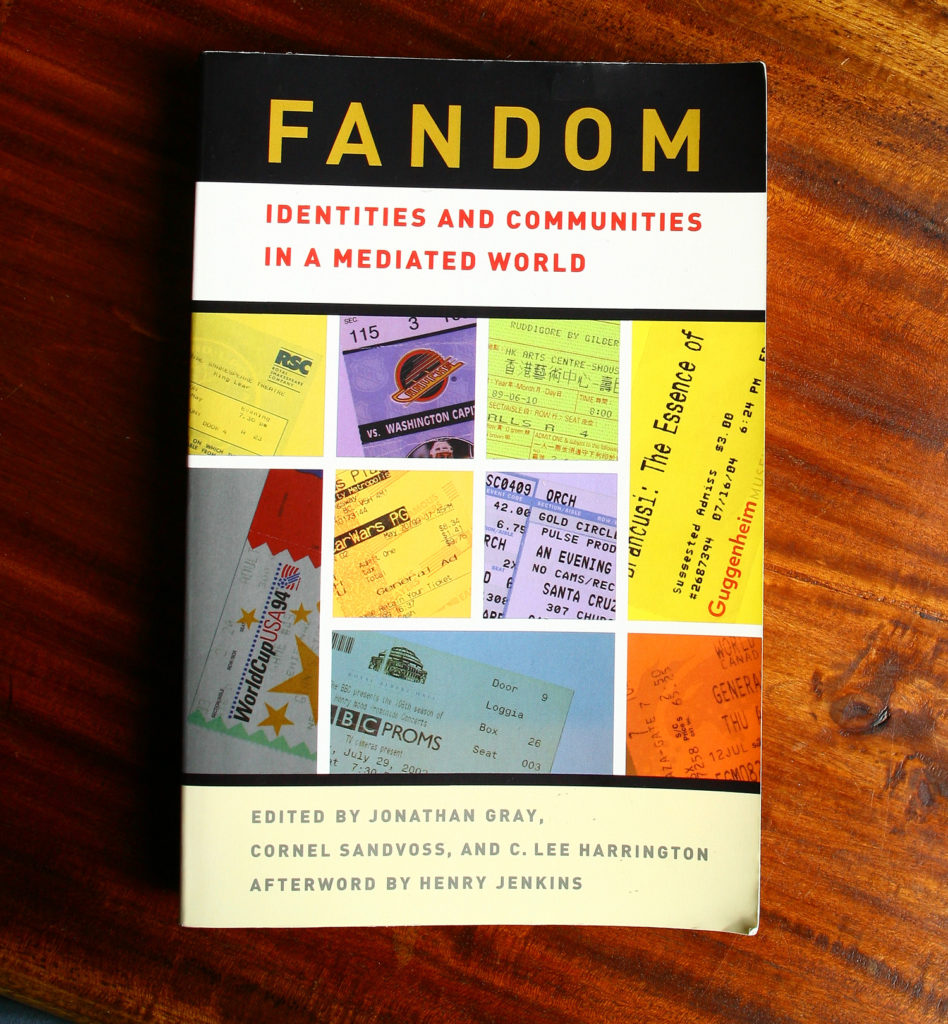jonathan gray
professor of media & cultural studies
-
Hamel Family Distinguished Chair and
Professor, University of Wisconsin, Madison
Media & Cultural Studies | 2011- -
Associate Professor, UW Madison
Media & Cultural Studies | 2009-2011 -
Assistant Professor, Fordham University
Communication & Media Studies | 2005-2009 -
Lecturer, UC Berkeley
Mass Communications | 2003-2005 -
Visiting Tutor, University of London
Media & Communications | 2000-2003 -
Sessional Instructor
University of British Columbia | 1998
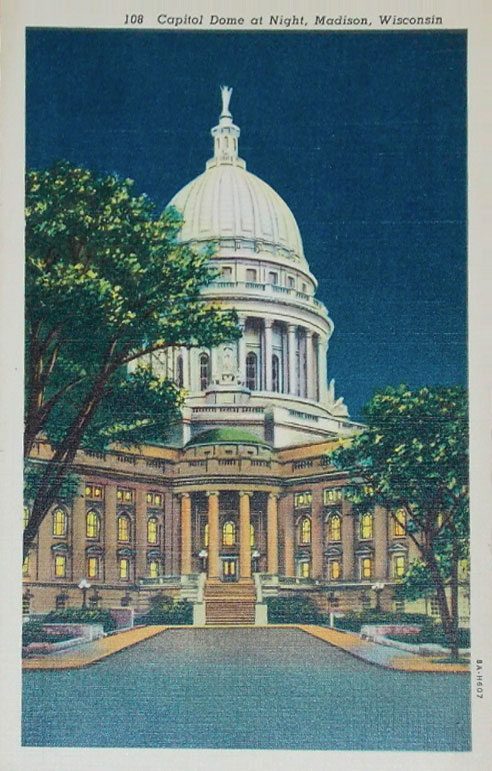

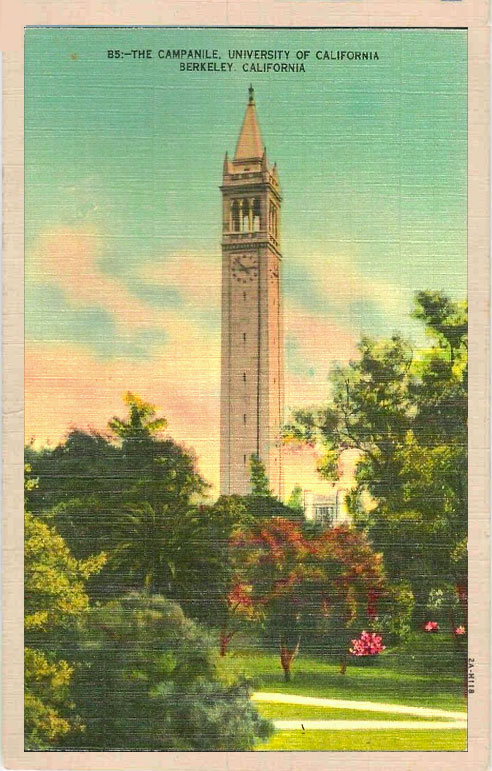


television studies
audiences
comedy, parody, and satire
global media consumption
informal economies and international piracy
entertainment media and the public sphere
textuality, intertextuality, and paratextuality
convergence and transmedia
national and transnational identities
authorship
The study and discussion of media is replete with talk of fans, loves, stans, likes, and favorites, but what of dislikes, distastes, and alienation? Dislike-Minded draws from over 200 qualitative interviews to make sense of media dislike, disappointment, alienation, and annoyance.
Although television and film seemingly have so much in common, much discursive effort is put into distinguishing them. By studying the borderlands between the two media, this book considers the boundary maintenance that goes on at these outposts.
Television Studies provides an overview of the origins, central ideas, and intellectual traditions of television studies. The book charts the establishment of the field, and examines its various approaches and objects of study.
The extras, or “paratexts,” that surround viewing experiences are far from peripheral, shaping our understanding of them and informing our decisions about what to watch or not watch and even how to watch before we even sit down for a show.
Is TV art? Why do so many love it and so many hate or fear it? Does it offer a window to the world, or images of a fake world? How is it political and how does it address us as citizens? What even counts as TV? Written especially for students, Television Entertainment addresses these and other key questions that we regularly ask, or should ask.
Using our favorite Springfield family as a case study, Watching with The Simpsons examines the textual and social role of parody in offering critical commentary on other television programs and genres.
Member, Board of Jurors
George Foster Peabody Awards
– 2014-2020 –
Media Center at Peabody Fellow
– 2017-2019 –
University of Warwick Institute for Advanced Study Visiting Fellow
– July 2016 –
Vilas Mid-Career Investigator’s Award
University of Wisconsin
– 2015-2017 –
H. I. Romnes Faculty Fellowship
University of Wisconsin
– 2011-2016 –
Choice Magazine Top Academic Title
for Television Entertainment
– 2008 –
Fordham University Faculty Research Grant
– 2008 –
International Radio and Television Society Foundation Funding
IRTS & Disney Digital Media Summit
– 2008 –
National Association of Television Production Executives (NATPE) Faculty Fellowship
– 2008 –
Top Paper in Popular Communication Division
– 2007 & 2003 –
Unsung Hero Commendation
Undergraduate Experience Survey
University of California, Berkeley
– 2008 –
Arts and Humanities Research Board of United Kingdom Full Studentship
– 2000-2003 –
London Goodenough Association of Canada Award
– 1999-2000 –
Recognizing that fandom is not unusual, contributors demonstrate that understanding fans–whether of toys, TV shows, celebrities, comics, music, film, or politicians–is vital to an understanding of media audiences, use, engagement, and participatory culture in a digital age.
Keywords for Media Studies introduces and aims to advance the field of critical media studies by tracing, defining, and problematizing its established and emergent terminology. It historicizes thinking about media and society, whether that means noting a long history of “new media,” or tracing how understandings of media “power” vary across time periods and knowledge formations.
This book brings together a collection of scholars whose work is leading the field of political entertainment studies, and yet it crosses methodological divides to do so, with quantitative and critical/cultural perspectives both represented.
A Companion to Media Authorship offers 28 groundbreaking chapters which investigate the practices, attributions, and meanings of authorship.
Satire TV examines what happens when comedy becomes political, and politics become funny with a series of original essays that focus on a range of programs, from The Daily Show and South Park to Da Ali G Show and The Colbert Report.
A two-volume encyclopaedia of controversial and hot button issues regarding media.
Contributors examine fans of high cultural texts and genres, the spaces of fandom, fandom around the globe, the impact of new technologies on fandom, and the legal and historical contexts of fan activity.
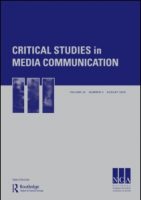

(2017) “Reviving Audience Studies”
Critical Studies in Media Communication 34.1.
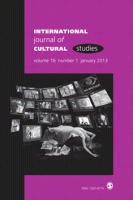

(2016) “Hidden: Studying Media Dislike and its Meaning”
with Sarah Murray, International Journal of Cultural Studies 19.4 (July).
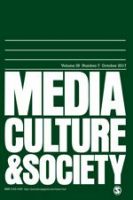
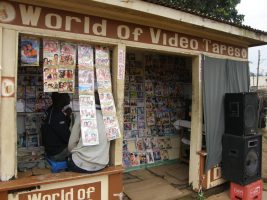
(2014) “Scales of Cultural Influence: Malawian Consumption of Foreign Media”
Media, Culture and Society 36.7 (October).
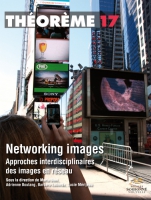
(2013) “La Textualité des Réseaux”
(translated by Lucie Mérijeau and Barbara Labord), in Marta Boni, Adrienne Boutang, Barbara Laborde, and Lucie Mérijeau (eds), Théorème 17 (Networking Images: Approches Interdisciplinaires des Images en Réseau).
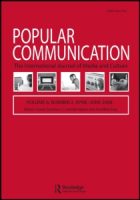
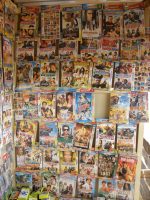
(2011) “Mobility Through Piracy, Or How Steven Seagal Got to Malawi”
Popular Communication: The International Journal of Media and Culture 9.2 (May).
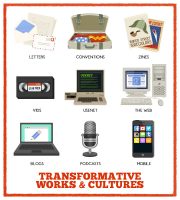

(2012) “Of Snowspeeders and Imperial Walkers: Fannish Play at the Wisconsin Protests”
Transformative Works and Culture 10.
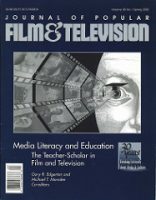
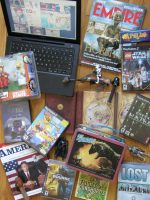
(2010) “’Coming Up Next’: Promos in the Future of Television and Television Studies”
Journal of Popular Film and Television 38.2.
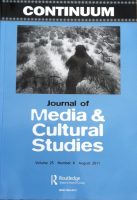

(2010) “Entertainment Studies and Media/Cultural/Communication/Etc. Studies”
Continuum: Journal of Media and Cultural Studies 24.6.
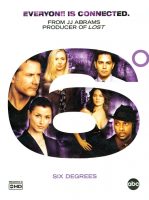

(2008) “Television Pre-Views and the Meaning of Hype”
International Journal of Cultural Studies 11.1 (March).


(2007) “Imagining America: The Simpsons Go Global”
Popular Communication 5.2 (May).
* Reprinted in Tanner Mirrlees and Joseph Kispal-Kovacs (eds), The Television Reader: Critical
Perspectives in Canadian and US Television Studies. Toronto: Oxford University Press Canada, 2013
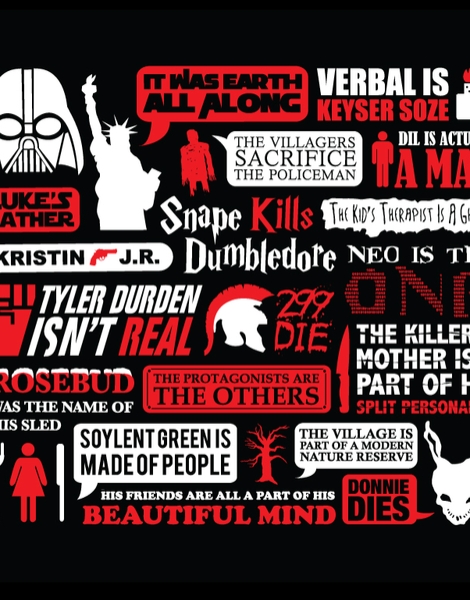
(2007) “Speculation on Spoilers: Lost Fandom, Narrative Consumption, and Rethinking Textuality”
with Jason Mittell, Particip@tions: International Journal of Audience Research 4.1.


(2005) “Television Teaching: Parody, The Simpsons and Media Literacy Education”
Critical Studies in Media Communication 22.3 (August).
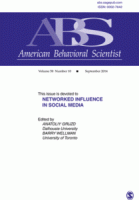
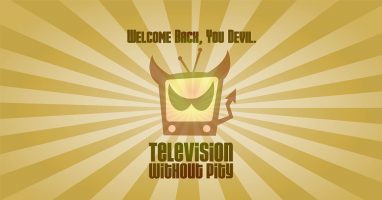
(2005) “Anti-Fandom and the Moral Text: Television Without Pity and Textual Dislike”
American Behavioral Scientist 48.7 (March).


(2003) “New Audiences, New Textualities: Anti-Fans and Non-Fans”
International Journal of Cultural Studies 6.1 (March).

(2001)“‘One Ring to Rule Them All’: Pre-Viewers and Pre-Texts of the Lord of the Rings Films”
with Bertha Chin, Intensities: The Journal of Cult Media 2.
(2018+) Chief Editor, International Journal of Cultural Studies.
(2017) “Paratexts, Promos, and Publicity” a special issue of Critical Studies in Media Communication, 34.2
(2015+) Co-editor, with Nina Huntemann and Aswin Punathambekar, of Critical Cultural Communication series, NYU Press.
(2007 – 2012) Co-editor, with Cornel Sandvoss and C. Lee Harrington, of Popular Communication: The International Journal of Media and Culture.
(2013) “Breaking Boundaries: Working Across the Methodological and Epistemological Divide in the Study of Political Entertainment,” a special issue of International Journal of Communication, co-edited with Dannagal G. Young, Vol. 7.
(2009) “Games and Convergence,” an In Focus section of Cinema Journal 49.1.
– responses to media and culture –
Co-Founder, Senior Editor, Author (of 35 posts)
Antenna published more than 1,000 posts by over 300 authors, averaging several a week
Author / Columnist
- “How Can We Tell the Future?” (19)
- “Mommy, Is That a Boy Text or a Girl Text?” (6.1)
- “Hate, Dislike, Disgust, Distemper, and Distaste” (4.11)
- “Is New News Better Than No News?” (4.7)
- “Introducing Television” (4.3)
- “Merging With Diversity, Or, Got MLK?” (3.11)
- “Speculation With Spoilers” (3.7)
- “The August Audience” (3.3)

"Text To Be Confirmed"

“X Marks the Spot: How We Get to Television Shows and Why It Matters” & “An Angry Voice: What it Means to Dislike Media"

“Swipe for More: Satire, Play, and Citizenship on the Move”
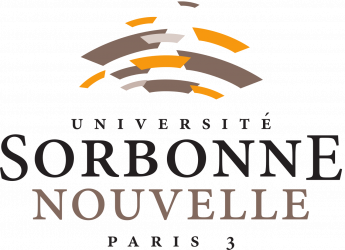
“Cheap, Quick, Crude, and Important: Limited Animation, Université Sorbonne Satire, and Kids” and "“Show Sold Separately: Hype, Paratexts, and Convergence”

“Popular Politics and Political Entertainment,” “Comedy and Transgression,” & “Parody and Satire”
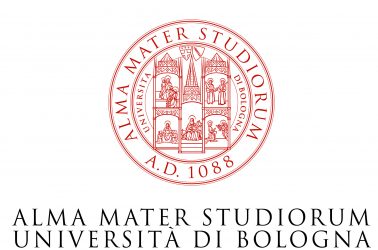
“Paratextual Politics and Power”

“21 Grams of Text: Adaptation and the Textual Soul”

“Telling Time: Serial Television’s Experiences of Time”
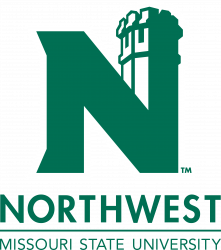
“The Audience of the Rest of the Text: Hype, Spinoffs, Northwest Missouri State Extratexts, Paratexts, and Reception”

“Opening Remarks” at Futures of Entertainment 2 Conference

“Kickstarting Textuality: Popular Media's Anticipatory Pleasures and Economics”

“Dislike-Minded: Media, Audiences, and the Dynamics of Taste”

“Touching a Nerve, Gently: Researching Media Dislike and Disappointment”
invited talks

“‘More Than Meets the Eye’: Public-Minded Paratexts” and invited workshop attendee to Television History, The Peabody Archives, and Cultural Memory

“X Marks the Spot: How We Get to Television Shows and Why It Matters” and “An Angry Voice: What it Means to Dislike Media” and “Parody, Satire, and Political Entertainment”

“Inter- and Para-Textuality”

Invited panelist to Television and Television Studies in the Twenty-First Century

“Dolly in Malawi: Informal Economies and the Distribution of Entertainment in Malawi”

“Real (and) Funny: Animated TV Comedy’s Political Voice”
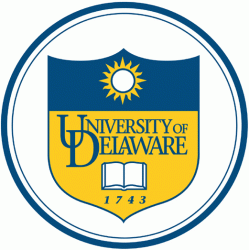
Invited panelist at Breaking Boundaries: 2011 Symposium on Political Entertainment Media

“Dolly and Deadwood Go To Malawi: Media Circulation and Piracy”
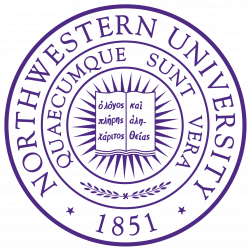
“Show Sold Separately: Promos, Spoilers, and Other Media Paratexts”
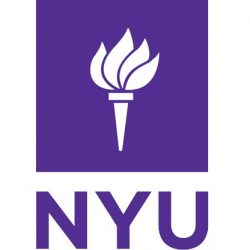
“Show Sold Separately: Art and/in Promotional Culture” and “Pre-Viewing Lord of the Rings and Studying Audiences Online”

“Opening Remarks” at Futures of Entertainment 2 Conference
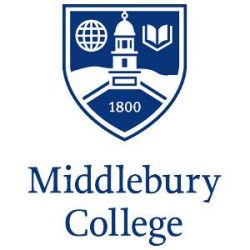
“Homer Simpson Meets the World, or Comedy vs. Cultural Imperialism”

“What Media Studies Can Learn from The Simpsons”

“Dislike-Minded: Media, Audiences, and the Dynamics of Taste”
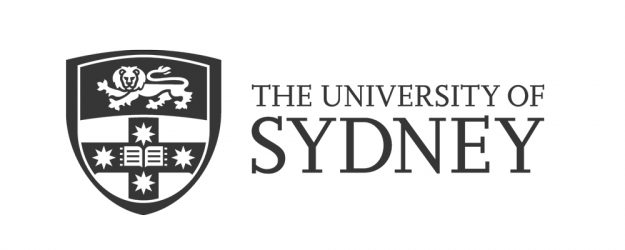
“Dislike-Minded: Media, Audiences, and the Dynamics of Taste”

“Dislike: 'Hate' and Loathing in Media Audiences”
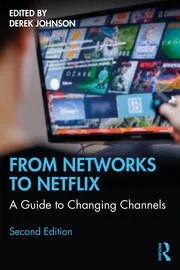
“Disney+: Imagining Industrial Intertextuality” (with Kyra Hunting)
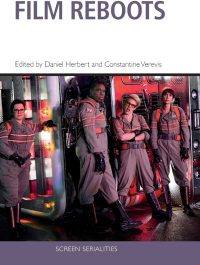
“All This Has Happened Before: Mythic Repetition in the Film-to-Television Reboot” (with Nicholas Benson)
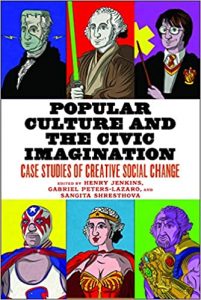
“Family Sitcoms’ Political Front” (with Taylore Cole Miller)
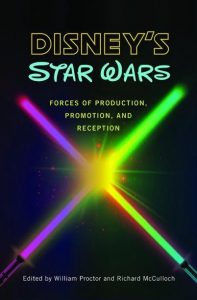
“‘Always There Are Two’: Repetition, Originality, and The Force Awakens“
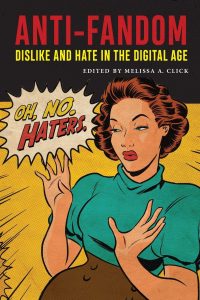
“How Do I Hate Thee? Let Me Count the Ways”
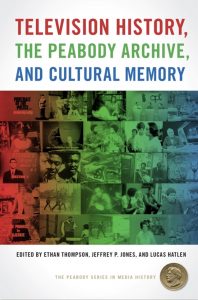
“Off-Screen Educational Television and the Social Value of Children’s Paratexts”
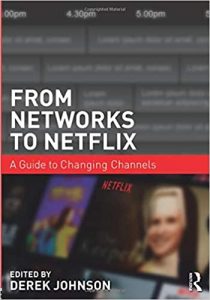
“Disney Junior: Imagining Industrial Intertextuality” (with Kyra Hunting)
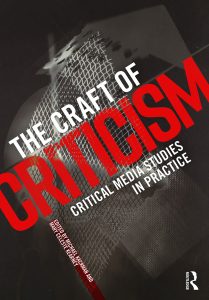
“Intertexts and Paratexts”
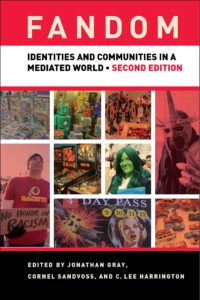
“Why Still Study Fans?” (with Cornel Sandvoss & C. Lee Harrington)
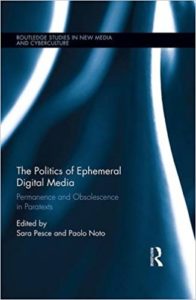
“The Politics of Paratextual Ephemeralia”
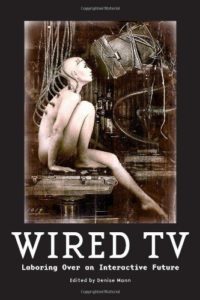
“In the Game: The Creative and Textual Constraints of Licensed Videogames”
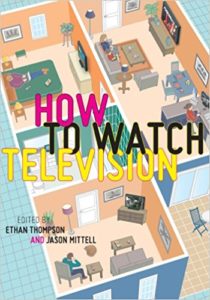
“The Amazing Race: Global Othering”
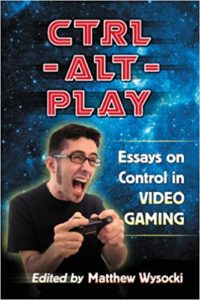
“It’s All Part of the Game: The Emergence of Narrative and Meaning in Play” (with Meagan Rothschild and Amanda Ochsner)
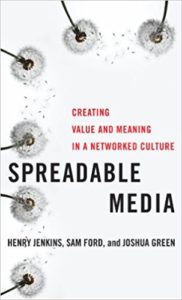
“The Use Value of Authors”
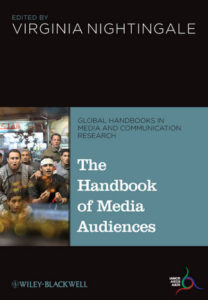
“Fan Cultures and Fan Communities” (with Kristina Busse)
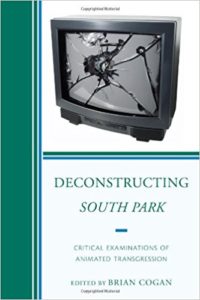
“From Whence Came Cartman: South Park’s Satiric Lineage”
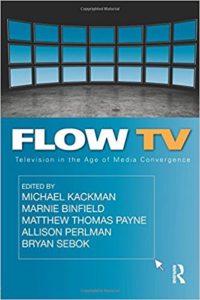
“The Reviews Are In: TV Critics and the (Pre)Creation of Meaning”

“Texts That Sell: The Culture in Promotional Culture”
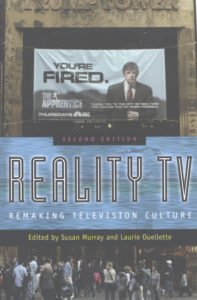
“Cinderella Burps: Gender, Performance, and the Dating Show
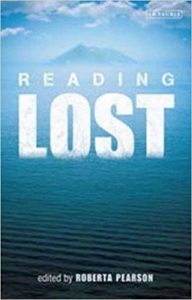
“Not in Portland Anymore: Lost and its International Others”
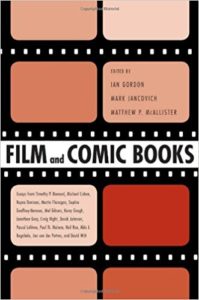
“When Gen-X Met the X-Men: Re-Textualizing Comic Book Film Reception” (with Neil Rae)
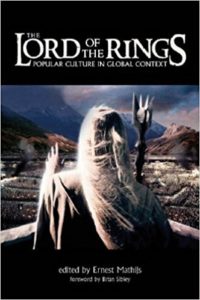
“Bonus Material: The DVD Layering of The Lord of the Rings”
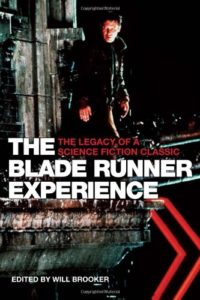
“Scanning the Replicant Text”
“Family Sitcoms’ Political Front” (with Taylore
Graduate Seminars
- Media Frames & Portals, 2018
- Cultural Theory, 2019, 2014, 2012
- “Important” Media, 2016
- Audiences, Voice, and Identity, 2013
- Media Audiences, 2011
- Textuality: Beyond the Screen, 2010
- International Communication, 2006
Undergraduate Seminars
- Adaptations & Continuations, 2020
- Television Criticism, 2020, 2017, 2015, 2014, 2011
- New Media and Society, 2010
- Class, Taste, and Mass Culture, 2009, 2008, 2007, 2006
- Political Satire, 2008
- Television and Society, 2008, 2007, 2006, 2005
- Understanding Television, 2007
- Honors Thesis Seminar, 2005, 2004
- Media Audiences, 2004, 2003
Graduate-Undergraduate Bridge Seminars
- Global Media Cultures, 2020, 2018
- Television Criticism, 2013
- Contemporary Primetime Serials, 2011
- Media and Cultural Theory, 2010
- Television Comedy, 2017, 2014, 2012, 2010, 2009
Undergraduate Lectures
- Survey of Contemporary Media (with 3 TAs), 2019, 2018, 2016, 2015, 2014
- Survey of Radio, Television, and Film as Mass Media (with 3 TAs), 2013, 2012
- Media and National Identity, 2018, 2013, 2012, 2011, 2009, 2008, 2007, 2006, 2005
- Structures of Mass Communication (with 5 TAs), 2005
- International Media, 2005, 2004
- Introduction to Mass Communication in America (with 5 TAs), 2004, 2003
Graduate Level Independent Studies
- Affect, Bodies, & Audiences, 2019
- Global Media Studies, 2019
- Media Failure, 2015
- Global Media and National Identities, 2013
- Audience Research and Anti-Fandom, 2013
- Film Audiences, 2012
- Textual Theory, 2012
- New Media, 2011, 2009
- Media, Place, and Space, 2011
- Media and Nationalisms, 2010
- Media Audiences, 2010
- Videogames, 2010
- Parody and Mashups, 2010
Teaching Assistantships
- Reconceptualising the Media Audience (TA), 2003, 2002, 2001
- Communications and Signification (TA), 2002, 2001
- Postcolonial Representations (TA), 2000
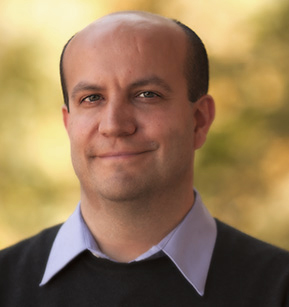
Jonathan Gray
- 6146 Vilas Hall
- jagray3@wisc.edu
- 608-263-2541
- 608-262-9953
